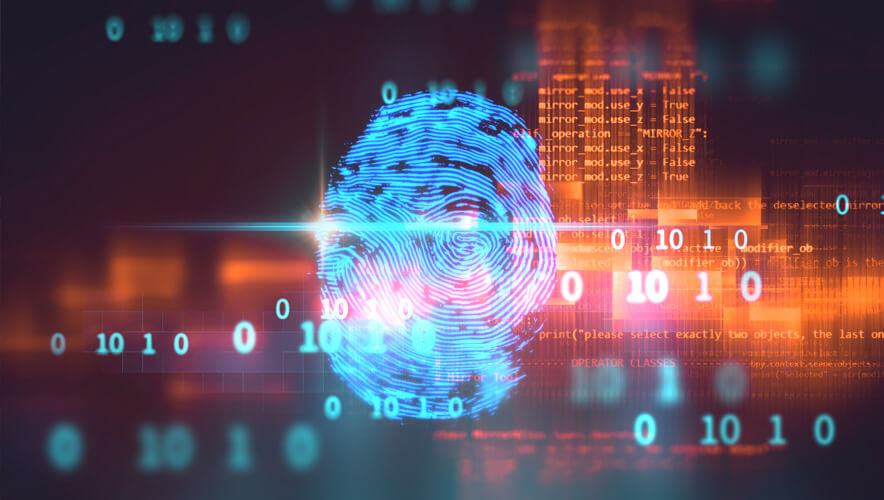Security’s Digital Shift
Physical security is long overdue for a digital transformation, according to a recent white paper authored by experts from Microsoft and Accenture.
The white paper reports on a survey of 200 senior physical security leaders across multiple industries on digital transformation. It was written by Michael Foynes, a center of innovation global lead at Microsoft, and Mercedes Fuller, managing director, Accenture Strategy.
The paper argues that the global digital revolution, which has transformed the world, has also inadvertently created new threats. For example, the rise in popularity of social media has unintentionally provided new ways to orchestrate breaches and attacks. This reality, combined with the escalation of catastrophic climate events, means that many security teams are facing more challenges than ever.
“Combating these threats requires intelligent applications that can rapidly sift through overwhelming amounts of data that cannot be processed at the human level,” the authors write. “Recent developments in artificial intelligence and signals processing can help security catch up.”
“As tools become more sophisticated and readily available, security organizations must adopt new practices and capabilities,” the authors continue. “Failure to transform will increase the likelihood of becoming a target.”
However, while many security executives see the value of enhancing physical security with digital tools, progress in that field has been uneven at best. “We found that although security leaders see the opportunity to enhance risk management with digital capabilities, the industry is at various levels of maturity, and at worst is a decade behind,” the authors write.
The two leading challenges facing physical security operations today, according to survey respondents, were reactive threat management and intuition-led decision-making based on subjectivity. “These challenges—operating reactively and improving decision-making—make it difficult to be proactive. This puts your people, brand, and reputation at risk,” the authors write.
Microsoft Global Security has several initiatives underway to digitally transform its physical security, according to the paper. Under the code name Project Falcon, the initiatives are aimed at creating an intelligent platform that leverages data and insights to reimagine the employee experience and the delivery of security services. The company expects the initiatives to result in cost savings over the next 10 years, according to the report. IT also expects digital transformation to strengthen its global risk management, elevate employee and customer experiences, and unify groups within Microsoft.
